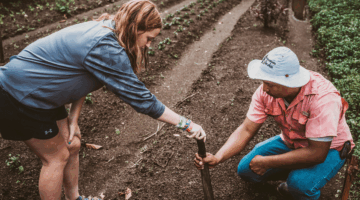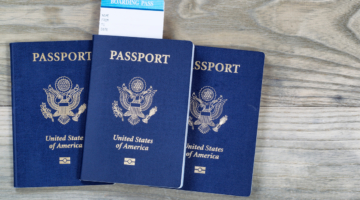Culture Shock: What It Is and How to Cope

There is nothing like traveling to a new foreign country with a distinct and different culture from your own. The lessons learned and experience gained from travel can be life changing. Yet sometimes people find themselves experiencing discomfort or disorientation in these new and unfamiliar settings. There is a term for this feeling—culture shock.
Explore ACIS Educational Travel Itineraries
What is Culture Shock?
Culture shock can be defined as confusion and anxiety that may arise when faced with unfamiliar culture or surroundings. Culture encompasses everything from food to attitudes to behaviors. For example, in the United States, touching is not often customary in social interactions. If you are used to this social distance and then travel to Italy where they hug and kiss and touch amicably on the regular, you may experience some discomfort and confusion. This uncertainty can lead to feelings of loneliness and isolation, but do not fret! The process of culture shock often ends in adjustment and there are so many benefits to exploring new cultures through travel.
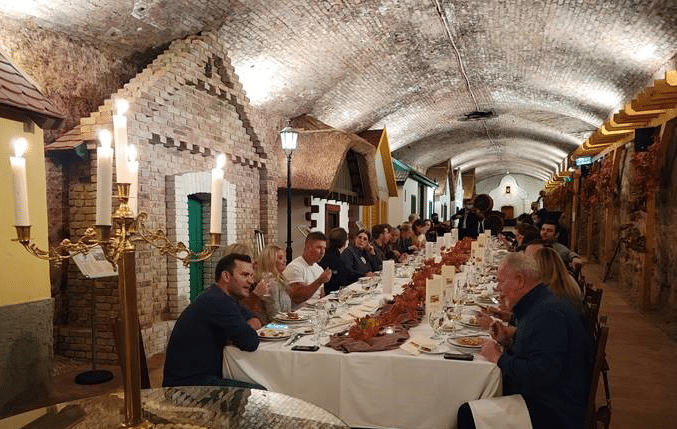
The Four Stages of Culture Shock
There are four main stages of culture shock. The first stage is called the honeymoon stage. This is the initial stage when you are excited and fascinated by your new surroundings; the different sights and tastes and behaviors. You also highlight the similarities between your home culture versus the new. You may even deem certain aspects of this different setting as better than your own. As time goes on though, you may begin to repeatedly encounter difficult or uncomfortable situations, leading to the second stage of culture shock—the negotiation stage.
Now you may find yourself easily frustrated and upset. Minor issues cause distress and anxiety. You may also miss your friends and family and daydream about your home life. Luckily, these feelings do not last forever as you move into the adjustment stage.
Your experience will gradually get better as you grow more comfortable and familiar with your surroundings. The culture becomes understandable as you further settle in with new friends and new customs. You may still experience some of the aforementioned issues, but you can now deal with them in a rational way.

Finally, you reach the adaptation stage. This stage often dawns after staying in a new country for a long time, so it may not apply to shorter trips. Nonetheless, by this point you feel a sense of ease and belonging. You are no longer lonely and feel at home in your new country.
After all this adjustment to the new, there is also something called reverse culture shock. This occurs when you re-enter your home country. Your home customs may suddenly feel foreign. Things may have changed while you were away, and you could feel disconnected from those around you. It takes some time, but you will soon readjust and again feel comfortable at home.
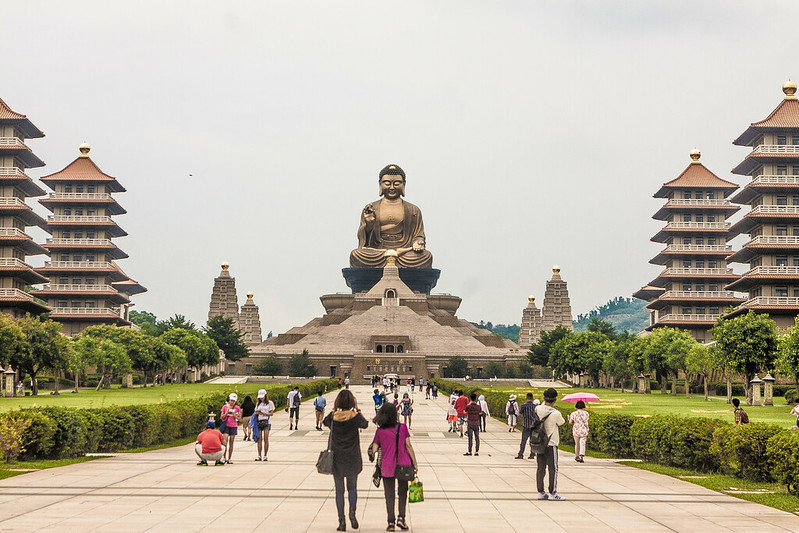
How to Cope with Culture Shock
Culture shock doesn’t need to be endured passively; there are things you can do to help yourself adjust and work through your feelings of discomfort. Firstly, being aware of culture shock and understanding the symptoms is a solid preemptive measure. Luckily for you, you already have that all covered! Making friends with the locals helps relieve loneliness and confusion. Keeping yourself busy or setting goals helps keep negative emotions at bay. Being sure to keep an open mind is essential. Also, creating your own personal space that you are comfortable in can be a haven for when your surroundings become overwhelming.
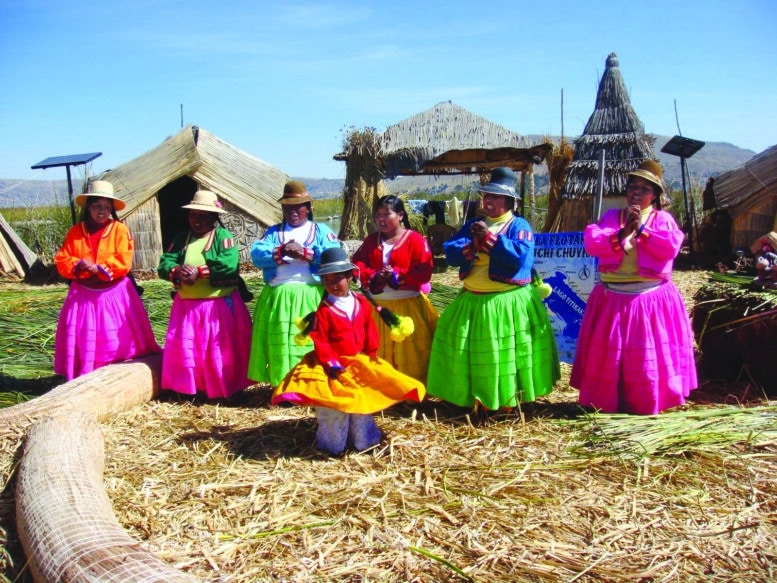
Seeing the Benefits
Ultimately, dealing with culture shock is always worth it. Experiencing new cultures and customs is highly enriching and eye-opening. It helps you better grasp your place in the world and can increase your cultural sensitivity and understanding. It may resolve certain biases you may have held. Your communication skills will improve as you navigate different languages and communication styles. You may experience inspiration, self-reflection and growth as you are exposed to new ideas and beliefs. You may learn about different ways of life and new values and adopt them into your own set of beliefs. The gains of putting yourself into a new and different culture always outweigh any obstacles you face.
So don’t fear culture shock! It is a chance to learn, grow, and challenge yourself in ways you will only benefit from.
With these tools in mind, what are you waiting for? Push yourself and seek a new culture in your travels. It just might change your life.



